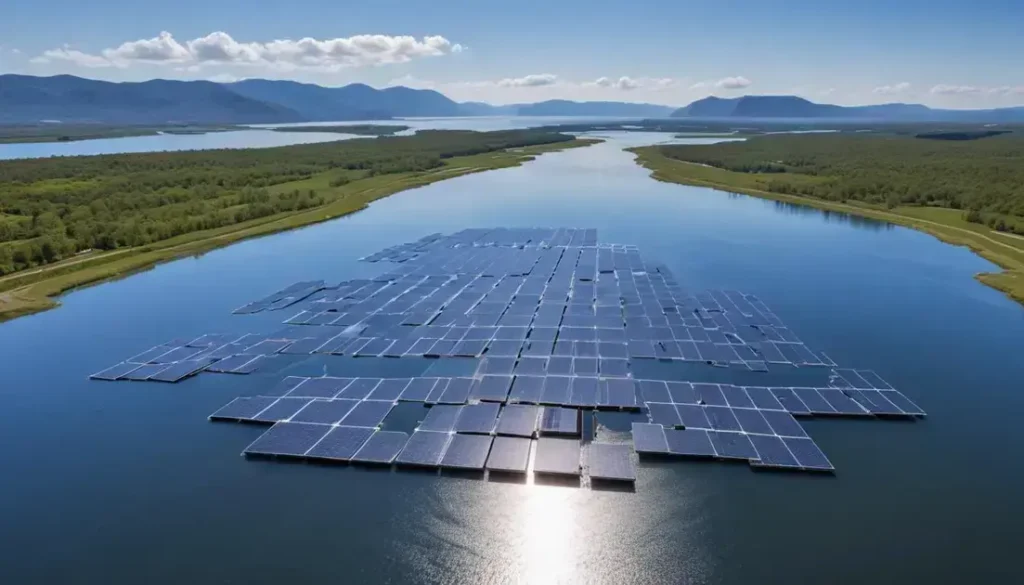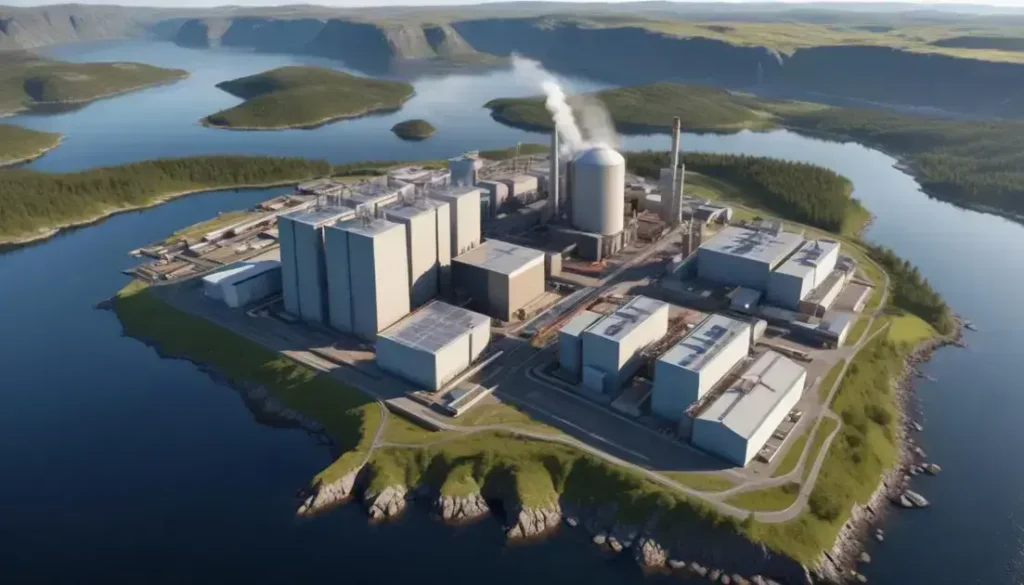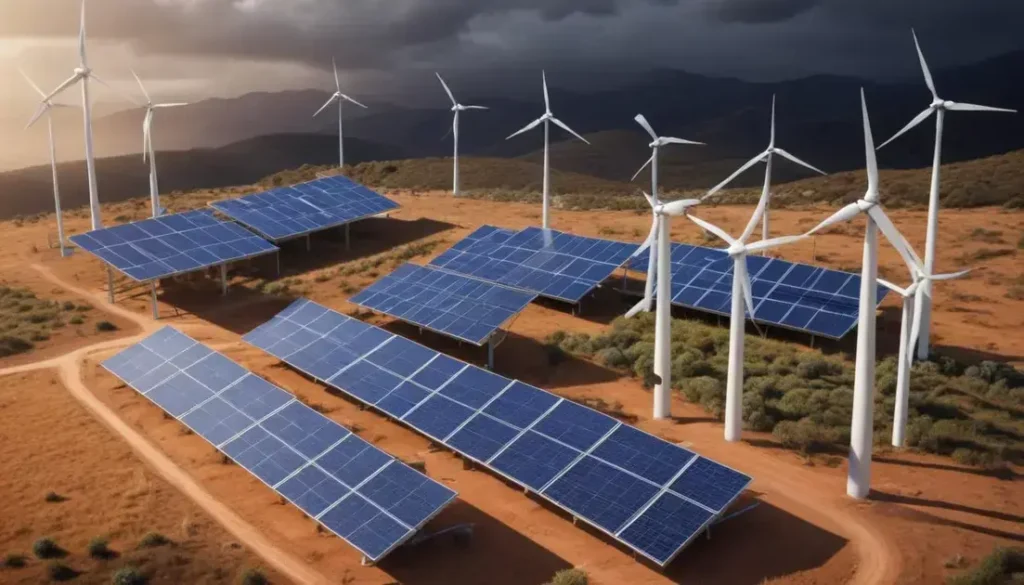Nuclear investment is crucial for Australian businesses, providing opportunities for growth in supply chains, job creation, and advancements in sustainable energy as the country shifts towards a more secure and low-emission energy future.
Nuclear investment is set to play a crucial role in Australia’s energy future. As the EU outlines significant funding needs, Australian stakeholders should pay attention.
Investment needs for nuclear energy in the EU
The investment needs for nuclear energy in the EU are substantial, with various countries looking to strengthen their energy security while reducing carbon emissions. As the EU transitions to greener energy sources, nuclear power is emerging as a viable solution. Countries such as France and Germany are at the forefront, investing in modernising existing plants and developing new technologies.
Governments are increasing their commitments, recognising the role of nuclear energy in achieving climate goals. The European Green Deal highlights the necessity for investments that enhance the sustainability and safety of nuclear power. These investments also aim to address public concerns over safety and waste management.
Additionally, collaboration among EU nations is crucial to share best practices and innovative technologies. This collective effort can help mitigate risks and optimise the financial investments in nuclear energy. The involvement of private investors is also vital, as it can drive efficiency and lower costs, ultimately benefiting consumers.
Moreover, as countries aim for energy independence, nuclear energy is viewed as a critical component of a balanced energy mix. Leveraging nuclear energy not only supports decarbonisation but also enhances the EU’s position in global energy markets, ensuring energy security for the future.
Implications for Australian businesses in energy sectors
The implications for Australian businesses in energy sectors are profound as the world shifts towards nuclear energy. With increased investment in nuclear technology, local companies must adapt to new market dynamics that encourage sustainability and emissions reduction. This presents both challenges and opportunities for innovation.
As the government outlines its energy roadmap, Australian businesses in mining, agriculture, and manufacturing must align their strategies accordingly. For instance, companies that supply materials for nuclear power plants will likely see a surge in demand. Additionally, firms focusing on renewable energies could benefit from collaborations with nuclear projects, enhancing their portfolio.
Moreover, the rise of nuclear energy can lead to significant job creation. New roles will emerge in construction, maintenance, and regulatory compliance within the energy sector. Businesses must prepare to invest in training their workforce to meet these industry demands.
Furthermore, Australian exporters of technology and services related to nuclear energy may find new markets abroad, especially within the Asia-Pacific region. This allows them to position themselves as leaders in a critical global niche. Understanding the regulatory landscape and public sentiment around nuclear power will be essential for businesses aiming to thrive in this evolving sector.
In Summary: Embracing Nuclear Energy
The shift towards nuclear energy has significant implications for Australian businesses. As the government invests in this sustainable energy source, opportunities for innovation and growth are emerging across various sectors.
Australian companies are encouraged to adapt and explore new markets, especially in technology and material supply for nuclear projects. This transition also brings the potential for job creation, requiring businesses to invest in workforce training.
By staying informed on regulatory changes and public perceptions, businesses can strategically position themselves for success in the evolving energy landscape. Embracing these changes now will help ensure a competitive edge for Australian companies in the future.
Frequently Asked Questions
What is the role of nuclear energy in Australia’s energy strategy?
Nuclear energy is increasingly seen as a key component in Australia’s strategy to achieve sustainable energy and reduce carbon emissions.
How can Australian businesses benefit from nuclear investments?
Australian businesses can find opportunities in supplying materials, services, and technology related to nuclear energy projects, potentially leading to increased demand and job creation.
What challenges do companies face when transitioning to nuclear energy?
Companies may face regulatory hurdles, public perception challenges, and the need for investment in new technologies and workforce training.
Are there growth opportunities for Australian exporters in nuclear energy?
Yes, Australian exporters can tap into new markets in the Asia-Pacific region, providing technology and expertise related to nuclear energy.
How will nuclear energy impact jobs in Australia?
The investment in nuclear energy is expected to create new job opportunities in construction, maintenance, and regulatory compliance across various sectors.
What should businesses consider before entering the nuclear energy market?
Businesses should stay informed about regulatory developments, public sentiment regarding nuclear energy, and the need for training their workforce to meet industry demands.


